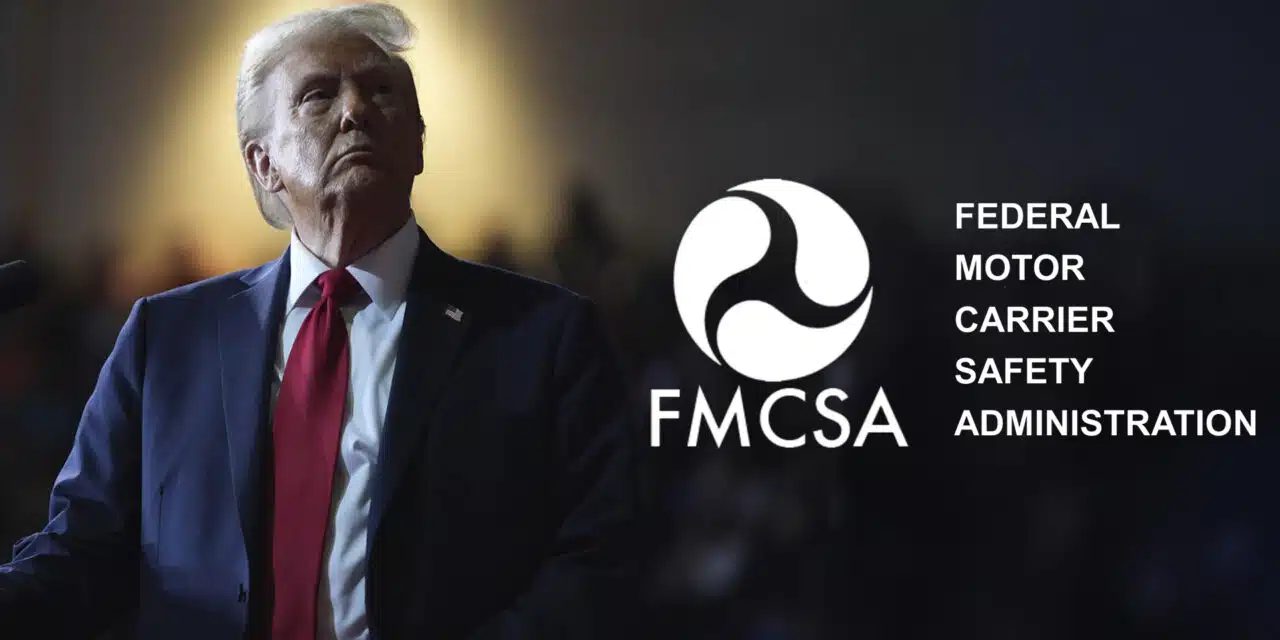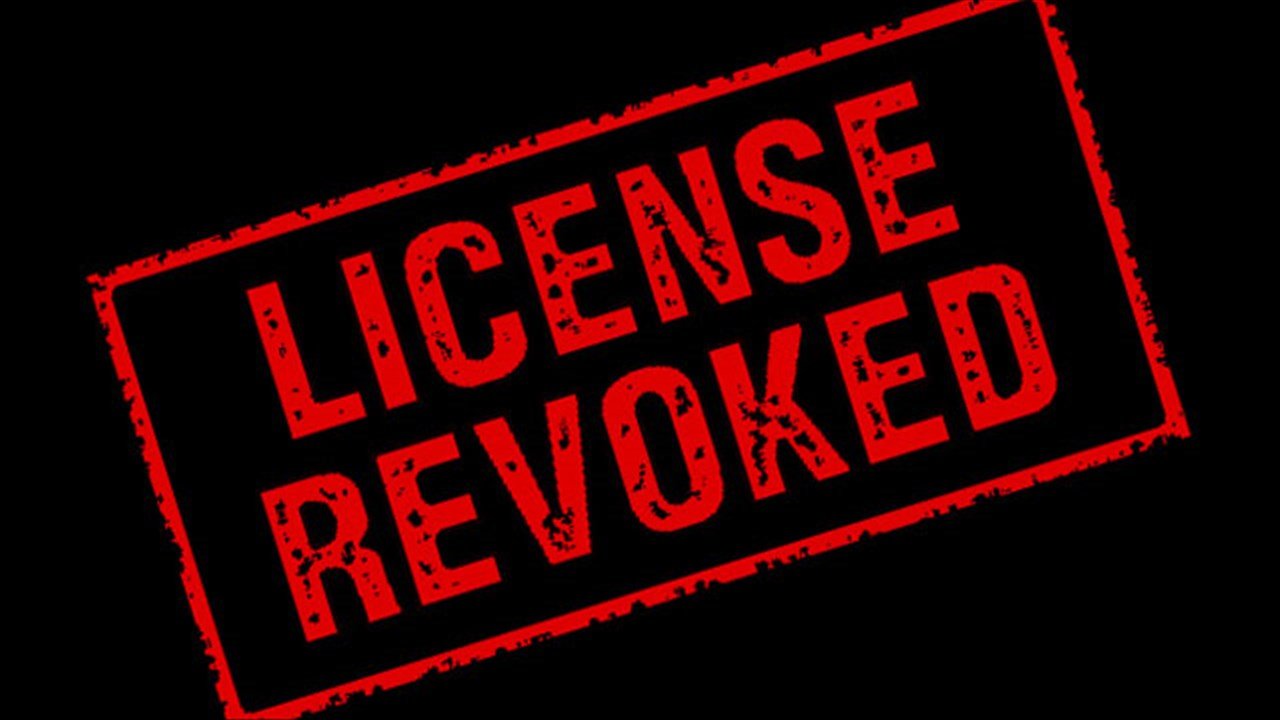New DOT / FMCSA interim final rule (Sep 26–29, 2025): What it says and what it means for trucking & overseas-warehouse logistics
Gordon Gao
September 29, 2025

Short summary: The U.S. Department of Transportation (FMCSA) issued an emergency interim final rule tightening eligibility and oversight for non-domiciled commercial learner’s permits (CLPs) and commercial driver’s licenses (CDLs). The rule sharply restricts which non-U.S. residents can receive or renew a CDL, requires federal verification of immigration/visa status, shortens validity for many licenses, and directs immediate enforcement steps for states with widespread noncompliance. FMCSA+1
Key facts (accurate to DOT / FMCSA source documents)
When & what: The Department announced emergency action on September 26, 2025, and the interim final rule / Federal Register posting followed (Federal Register entry published Sept 29, 2025). FMCSA+1
Who is affected: The rule targets non-domiciled CLP/CDL holders — i.e., people who claim domicile outside the U.S. — and places new limits on eligibility for non-U.S. citizens to receive or renew CDLs. States must verify immigration/visa status before issuance. FMCSA+1
Visa restriction: Under the new guidance, eligibility for a CDL for non-citizens is largely limited to certain employment-based visas (FMCSA calls out H-2A, H-2B and E-2 in agency materials and fact sheets as examples of permissible bases). Licenses may be valid only up to one year or until the visa expires. FMCSA+1
State compliance & enforcement: FMCSA directed immediate enforcement action (including steps against California) for states found to have issued CDLs improperly; it requires states to pause issuance in some circumstances, identify non-compliant CDLs, and reissue or revoke as needed. Federal funding consequences were threatened for serious noncompliance. FMCSA+1
Scale: FMCSA’s audit found a large number of non-domiciled CDL/CLP holders (on the order of ~200,000 non-domiciled CDL holders), and the agency expects many will not qualify under the tightened criteria. News reporting and industry summaries estimate hundreds of thousands could be affected. FMCSA+1“FMCSA’s emergency interim final rule restores integrity to non-domiciled CDL issuance by requiring federal verification and limiting eligibility.” FMCSA
Plain-English breakdown — what changed, step by step
Tighter eligibility: Non-U.S. residents can no longer get/renew a CDL unless they meet stricter, employment-based immigration criteria (states must confirm the specific visa/status). FMCSA
More frequent in-person renewals / shorter validity: Many non-domiciled CDLs will be issued for a shorter period (e.g., up to one year or the visa expiration), and FMCSA is requiring stronger in-person verification for renewals. FMCSA
State accountability: FMCSA is requiring states to audit, identify non-compliant CDLs, pause improper issuance, and reissue or revoke as necessary — with federal enforcement tools for states that don’t comply. FMCSA
Immediate effect: The rule is an interim final rule issued as an emergency — it takes effect immediately while further processes may follow (public comments, litigation, or later adjustments). Federal Register
Analysis — likely impacts on the U.S. trucking industry
Short term (weeks–months):
Driver supply shock in pockets. States with large numbers of non-domiciled CDLs (California, Texas, etc.) may see a sudden reduction in eligible drivers, temporarily tightening local driver availability. FMCSA estimated a big share of existing non-domiciled holders may no longer qualify. This could worsen capacity issues on routes depending on those drivers. FMCSA+1
Immediate compliance costs for carriers. Motor carriers will need to audit driver documentation more rigorously, potentially reassign drivers, and face short-term disruptions while replacement hiring or re-training occurs. Expect administrative burdens and possible fines if carriers continue to operate drivers later found ineligible. FMCSA
Medium term (3–12 months):
Wage pressure & recruitment shifts. If supply tightens, carriers may raise pay or offer signing bonuses to recruit domestic drivers or compliant non-citizen drivers with eligible visas—raising operating costs. Some carriers may increase automation or route consolidation to offset higher labor costs. Overdrive
Shifts in hiring pipelines. Companies that relied on foreign-domiciled drivers (including some temp or seasonal programs) will need to rebuild domestic recruiting, invest in driver training (CDL school ties), and possibly sponsor compliant visas where feasible and legal. Reuters
Longer term (12+ months):
Network optimization & modal adjustments. Higher long-run driver labor costs and fewer drivers may push some shippers to optimize loads, increase drop-shipping, use intermodal alternatives, or invest more in yard automation and route planning. Vehicle telematics and efficiency gains will accelerate where ROI is clear. Trucking Dive
Specific implications for overseas warehouse (海外仓) businesses and international shippers
Port-to-final-mile delays: If trucking capacity tightens near major ports/rail hubs (especially in states hit hardest by revocations), goods stored in overseas warehouses and routed into the U.S. may face delivery delays or higher last-mile costs. Time-sensitive inventory planning (JIT) will be more fragile. Trucking Dive
Rising ground transport costs: Higher driver wages and recruitment premiums will feed into trucking rates; overseas warehouse operators that bundle last-mile trucking in their service packages may need to raise fees or rework contracts. Overdrive
Opportunity for consolidation & value-added services: Overseas warehouses that can provide more flexible lead times, multi-modal routing (e.g., using rail + regional carriers), or inventory buffering will be more attractive. Investing in fast cross-dock and regional fulfillment can mitigate port congestion and driver constraints. Trucking Dive
Compliance documentation becomes a selling point: Warehousing/logistics providers that help verify carrier compliance and offer vetted, FMCSA-compliant carrier lists will add value to shippers wary of disruption or regulatory risk. FMCSA
Practical steps for companies (operators, carriers, 3PLs, overseas-warehouse providers)
Immediate audit: Verify all drivers’ immigration/visa documentation and expiry dates for any non-domiciled CDLs. Create a prioritized list of drivers at risk of falling outside eligibility. FMCSA
Communicate with shippers & customers: Flag potential lead-time or cost changes proactively to maintain trust and renegotiate SLAs if needed. Overdrive
Recruit & train: Ramp up recruitment campaigns for domestic CDL holders; consider partnerships with truck driving schools and budget for signing bonuses where needed. Overdrive
Explore modal and scheduling adjustments: Use intermodal routing, off-peak deliveries, consolidated shipments from overseas warehouses, and route re-optimization to reduce reliance on scarce drivers. Trucking Dive
Legal & HR check: Consult counsel familiar with immigration and labor rules if you employ or rely on drivers with visas — ensure any sponsorship or employment-based solutions are compliant. FMCSA
Sources & links
FMCSA — Interim Final Rule: Restoring Integrity to the Issuance of Non-Domiciled CDLs (agency page / IFR). FMCSA
FMCSA Fact Sheet: Protecting America’s Roads — Restoring Integrity to Non-Domiciled CDLs. FMCSA
Federal Register — Restoring Integrity to the Issuance of Non-Domiciled Commercial Driver’s Licenses (IFR). (Federal Register posting). Federal Register
DOT / FMCSA press announcement (Sept 26, 2025). FMCSA
Coverage & context (reporting from Reuters / AP summarizing scale and driver counts).
Peachy Star Corp Response Strategy
As a company deeply rooted in cross-border logistics and overseas warehousing, Peachy Star Corp’s current driver team consists entirely of U.S.-based, fully licensed drivers. This means our operations are not directly impacted by FMCSA’s new interim final rule on non-domiciled CDLs.
To ensure long-term stability and competitiveness under evolving regulations, we have already taken the following steps:
Compliance assurance: All driver credentials are regularly audited to meet the latest DOT and FMCSA requirements.
Stable capacity: Because our team is unaffected by the new restrictions, service levels for pickups and deliveries remain reliable.
Diversified solutions: We continue to expand multimodal options, night-time delivery programs, and regional warehouse layouts to mitigate any industry-wide driver shortages.
Proactive communication: Clients and partners are kept informed of policy changes, enabling them to adjust supply chain planning in advance.
Forward-looking investment: We are investing in driver training, warehouse automation, and smart dispatching systems to maintain high efficiency and service consistency.
In summary: While these new rules may disrupt parts of the trucking industry, Peachy Star Corp’s driver force and transport capacity remain unaffected. We are committed to delivering stable, secure, and fully compliant cross-border logistics and overseas warehouse solutions to all our customers.



